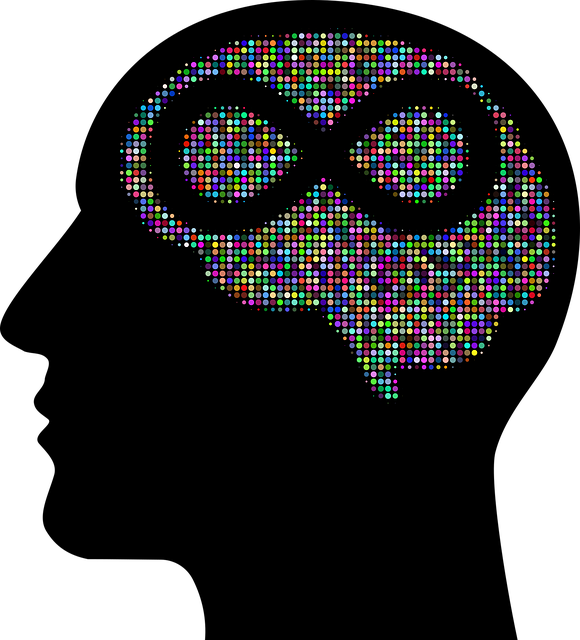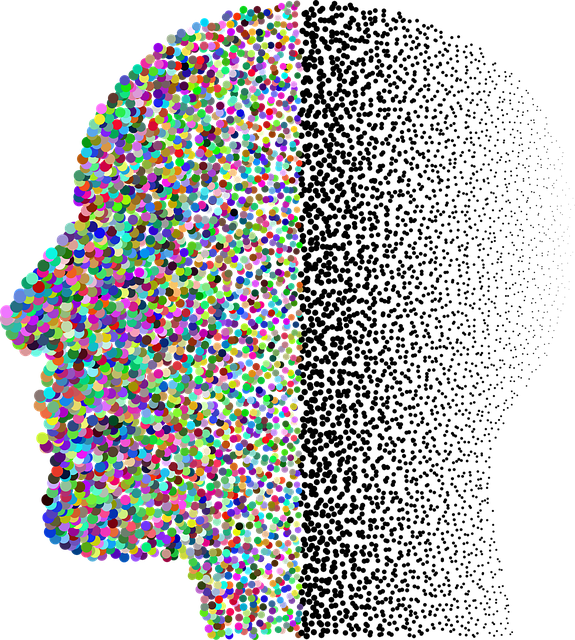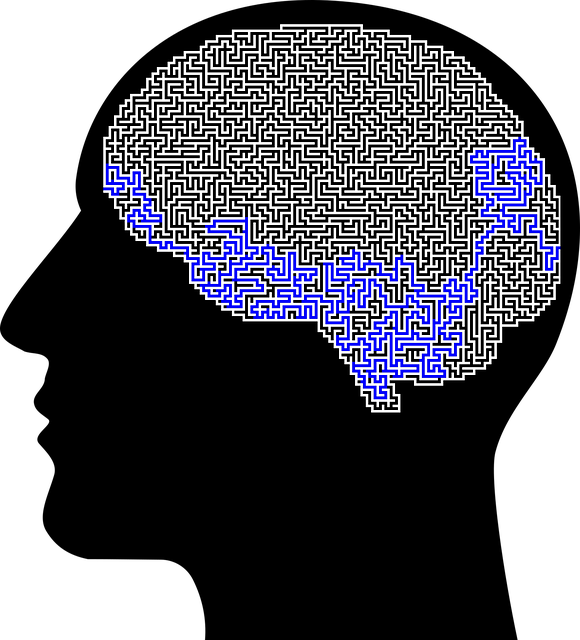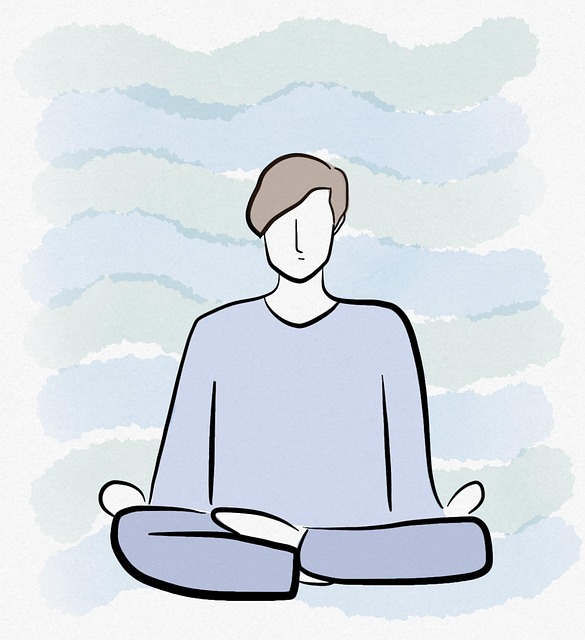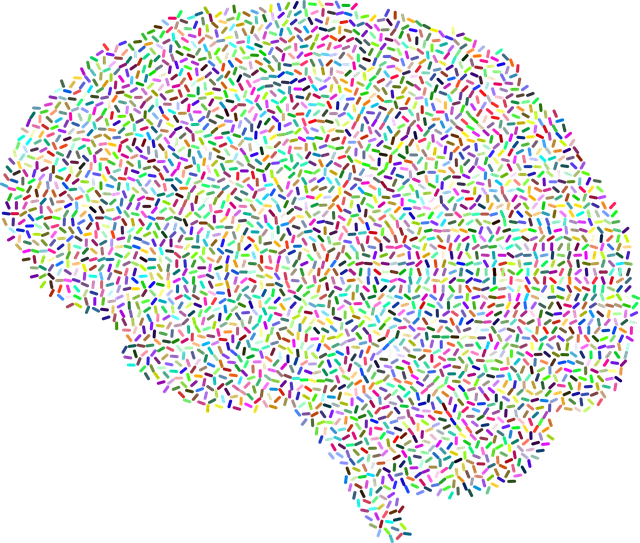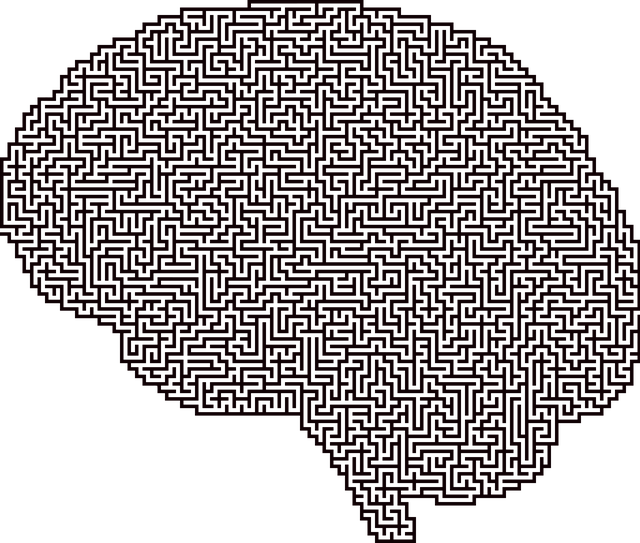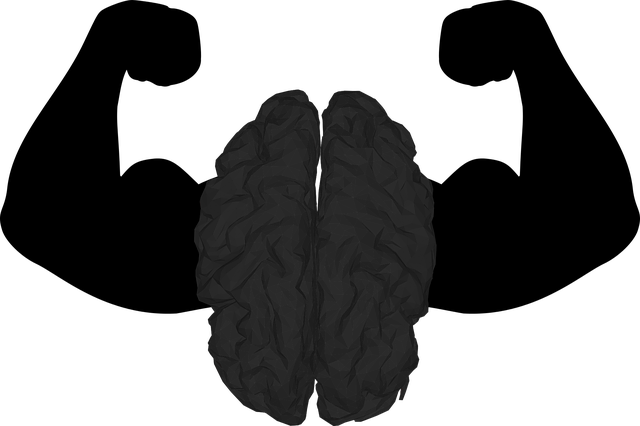Wheat Ridge Young Adults Therapy promotes mental wellness journaling as a safe, powerful tool for self-discovery and personal growth. By writing down thoughts, feelings, and experiences, individuals gain insights into their mental landscape, cultivate positive mindsets, and develop resolution skills. Journaling offers therapeutic benefits during stress or depression prevention efforts, inspiring resilience and emotional healing through honest expression in a dedicated, distraction-free space. Professionals guide consistent practice with diverse techniques, ensuring it becomes an effective tool for managing stress and aligning with best practices in mental healthcare.
“Unwind your mind and embark on a journey of self-improvement with mental wellness journaling. This powerful tool, backed by professionals at Wheat Ridge Young Adults Therapy, offers a personal space for reflection and growth. In this guide, we explore the benefits and techniques to get you started. From understanding your mental wellness through self-discovery to cultivating consistent practices, learn how journaling can enhance your overall well-being. Discover tips and essential tools to transform your thoughts into words and words into positive change.”
- Understanding Mental Wellness Journaling: A Personal Journey of Self-Discovery
- Getting Started: Essential Tools and Techniques for Effective Journaling
- Cultivating a Consistent Practice: Tips for Maintaining Mental Wellness Through Journaling
Understanding Mental Wellness Journaling: A Personal Journey of Self-Discovery

Mental wellness journaling is a powerful tool for self-discovery and personal growth, offering individuals a safe space to explore their thoughts and emotions. It’s a practice that encourages introspection, allowing one to gain deeper insights into their mental landscape. This process involves writing down experiences, feelings, and reflections, which can help in understanding oneself better and fostering a positive mindset. Many find it therapeutic, providing an outlet for expression during challenging times, such as periods of stress or depression prevention efforts.
At Wheat Ridge Young Adults Therapy, we advocate for this practice as part of our mental wellness podcast series production, where we explore various techniques to enhance emotional well-being. Journaling can be a game-changer in navigating conflicts and resolving them healthily, enabling individuals to identify triggers and develop conflict resolution skills. By documenting one’s journey, whether it’s a struggle or a triumph, journaling becomes a personal history, a testament to resilience and growth, inspiring folks to keep pushing forward.
Getting Started: Essential Tools and Techniques for Effective Journaling

Getting Started with Mental Wellness Journaling is an empowering step towards better emotional health. At Wheat Ridge Young Adults Therapy, we often recommend this practice as a powerful tool for self-reflection and healing. The essential tools for effective journaling include a dedicated journal and writing utensils that feel right in your hands. Choose a space where you feel most comfortable and safe, free from distractions. Some find solace in the quiet of their rooms, while others prefer the inspiration offered by nature.
Techniques vary based on personal preference, but a few simple methods can enhance your journaling experience. For instance, consider starting with prompts that guide you through your day or emotions. Writing down your thoughts and feelings regularly, even for just five minutes a day, can help in processing and managing anxiety relief. It’s also beneficial to set clear intentions before beginning each entry, focusing on aspects of your emotional healing processes. Remember, the goal is not perfect grammar but honest expression.
Cultivating a Consistent Practice: Tips for Maintaining Mental Wellness Through Journaling

Cultivating a consistent journaling practice can be a powerful tool for maintaining mental wellness, particularly when supported by professional guidance, such as that offered at Wheat Ridge Young Adults Therapy. Setting aside dedicated time each day or week to reflect and record thoughts, feelings, and experiences allows individuals to process their emotions more effectively and build resilience. Start small, with just a few minutes per session, and gradually increase the duration as you establish your routine. Consistency is key; regular journaling helps to normalise introspection and creates a safe space for self-expression.
To enhance your mental wellness journey through journaling, consider incorporating diverse writing techniques and prompts. Explore different formats like stream of consciousness writing, gratitude lists, or even creative exercises inspired by cultural sensitivity in mental healthcare practice. By integrating risk management planning strategies, such as identifying triggers and implementing coping mechanisms, you can transform your journal into a valuable tool for managing stress and mitigating risks associated with mental health issues. Regular risk assessment, both personal and professional, ensures that your journaling practice remains effective and aligned with best practices in mental health care.
Mental wellness journaling is a powerful tool for self-improvement, offering a personal journey of discovery and healing. By combining reflective writing with effective techniques, as outlined in this guide, individuals can cultivate mental resilience and well-being. Whether you’re seeking to navigate life’s challenges or simply desire a deeper understanding of yourself, the practices suggested here can help foster positive change. Inspired by the potential for transformation, remember that consistency is key; just like Wheat Ridge Young Adults Therapy supports individuals on their path to healing, regular journaling can be your companion in nurturing mental wellness.
